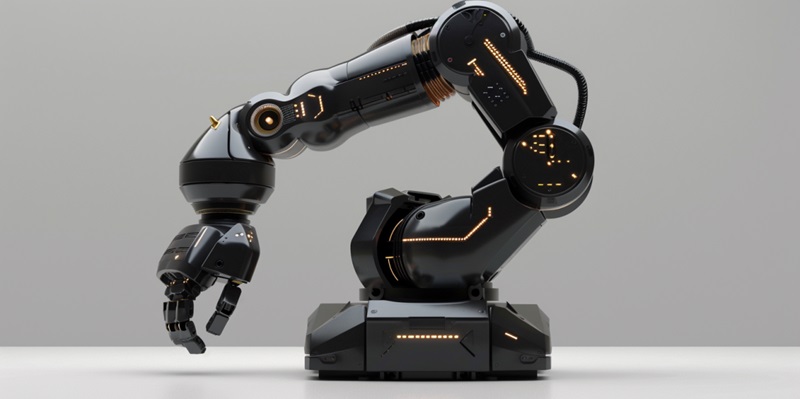In the realm of robotics, advancements are propelled by cutting-edge technologies and novel methodologies. A key challenge for robotics has been the sim-to-real transfer—the transition of robotic systems trained in simulated environments to operate in the unpredictable real world. Enter DrEureka, an innovative technique designed to tackle this challenge by integrating Large Language Models (LLMs) to generate AI-derived reward functions and randomization parameters, enhancing the efficiency of robotic training.
The Genesis of DrEureka
Unveiling the Sim-to-Real Gap
Traditionally, roboticists would spend considerable time training a policy in simulation, followed by laborious adjustments to make it functional in real-world settings. This gap between simulation and real-world application is known as the “sim-to-real” gap, and it is filled with obstacles due to the intrinsic differences between the two domains. Bridging this gap is often a resource-intensive process, fraught with countless iterations to tailor the robotic behavior to the intricacies of the external environment.
The Concept Behind DrEureka
DrEureka, or Domain Randomization Eureka, marks a significant leap forward by utilizing LLMs to automatically generate suitable reward functions and tailor domain randomization (DR) settings. These LLMs exploit their vast datastore of physical knowledge to hypothesize and fine-tune these functions and parameters in a zero-shot manner, offering a level of adaptability and efficiency previously unattainable with manual methods. This not only streamlines the training process but also ensures that the robots can better handle the uncertainties of real-world conditions.
Mechanism of DrEureka’s Functionality
Generating Reward Functions with LLMs
The LLMs at the heart of DrEureka serve as the architects of bespoke reward functions. These functions are crafted based on descriptive inputs of the robots’ tasks, intertwining considerations of both performance and safety. By ensuring that these reward functions align with the intended operational parameters and safety protocols, DrEureka solidifies a training structure that is both robust and transferable to real-world applications without jeopardizing functionality or security.
Optimizing Domain Randomization
The process of refining the domain randomization parameters is critical in preparing a robotic system for the variances it will face beyond simulation. DrEureka’s methodology involves putting these parameters through a series of simulated tests, subsequently identifying an optimal DR configuration. This strategic operation carried out by the LLMs drastically enhances the robot’s ability to withstand real-world irregularities, effectively narrowing the sim-to-real gap.
DrEureka in Practice: Real-World Applications
Enhancing Robotic Locomotion and Dexterity
Demonstrations of DrEureka’s real-world implementations have yielded significant strides, particularly in the form of a markedly enhanced forward velocity of quadruped robots and improved dexterity in manipulator platforms. These enhancements present a substantial improvement over the traditional human-design systems, fundamentally altering the benchmark for efficiency in robotic training and adaptation.
A Leap Toward Autonomous Robotic Adaptation
One of the most remarkable applications of DrEureka is evidenced in a robo-dog navigating and maintaining balance on a yoga ball—a feat that emphasizes the practicality and success of the AI-generated reward functions and domain randomization parameters. This level of autonomous adaptation underscores DrEureka’s proficiency in creating automation systems that can safely and effectively transition from simulation to tangible, real-world tasks.
The Broader Impact of DrEureka in Robotics Research
Accelerating Robotics with Foundation Models
Foundation models encompass the backbone of DrEureka, providing a scalable and efficient avenue for the automation of low-level skill learning. This shift paves the way for robotics research to leap ahead, reprioritizing manpower from the minutiae of training to the broader aspects of innovation and application.
Prospects for Future Developments
Advancements in robotics are often driven by innovative tech and new approaches, particularly when addressing the sim-to-real transfer challenge. This involves moving robots from controlled simulations to the variable real-world. DrEureka leverages Large Language Models (LLMs) to devise sophisticated AI-generated reward functions and to refine randomization parameters, significantly improving the training of robots to adapt more seamlessly to real-life scenarios. With such LLM-guided techniques, robotic systems benefit from more effective learning and consequently become more adept at managing the complexities found outside of simulations. DrEureka represents a notable advance in robotic training methodologies, extending the possibilities for how machines can learn and perform in our dynamic world.

